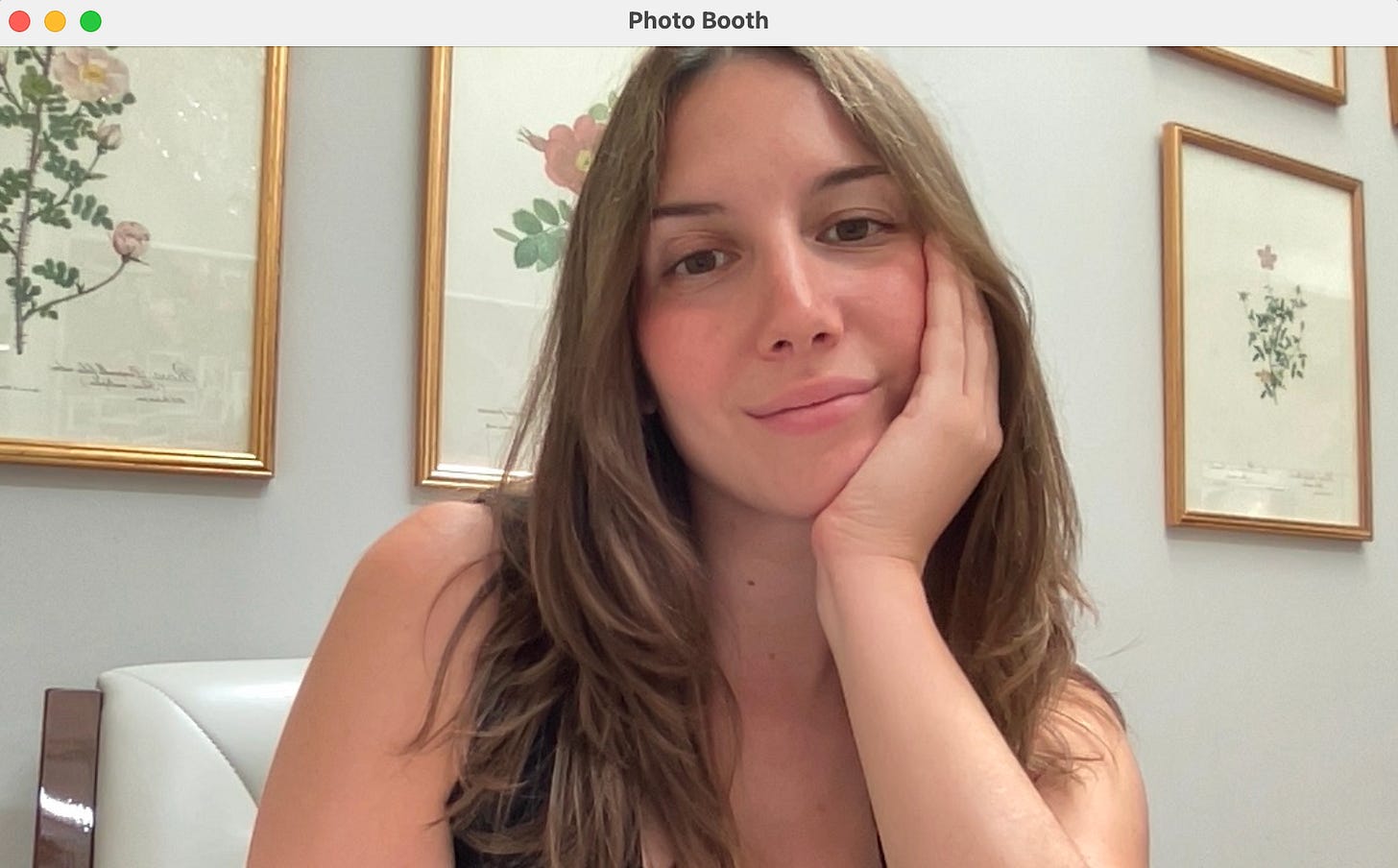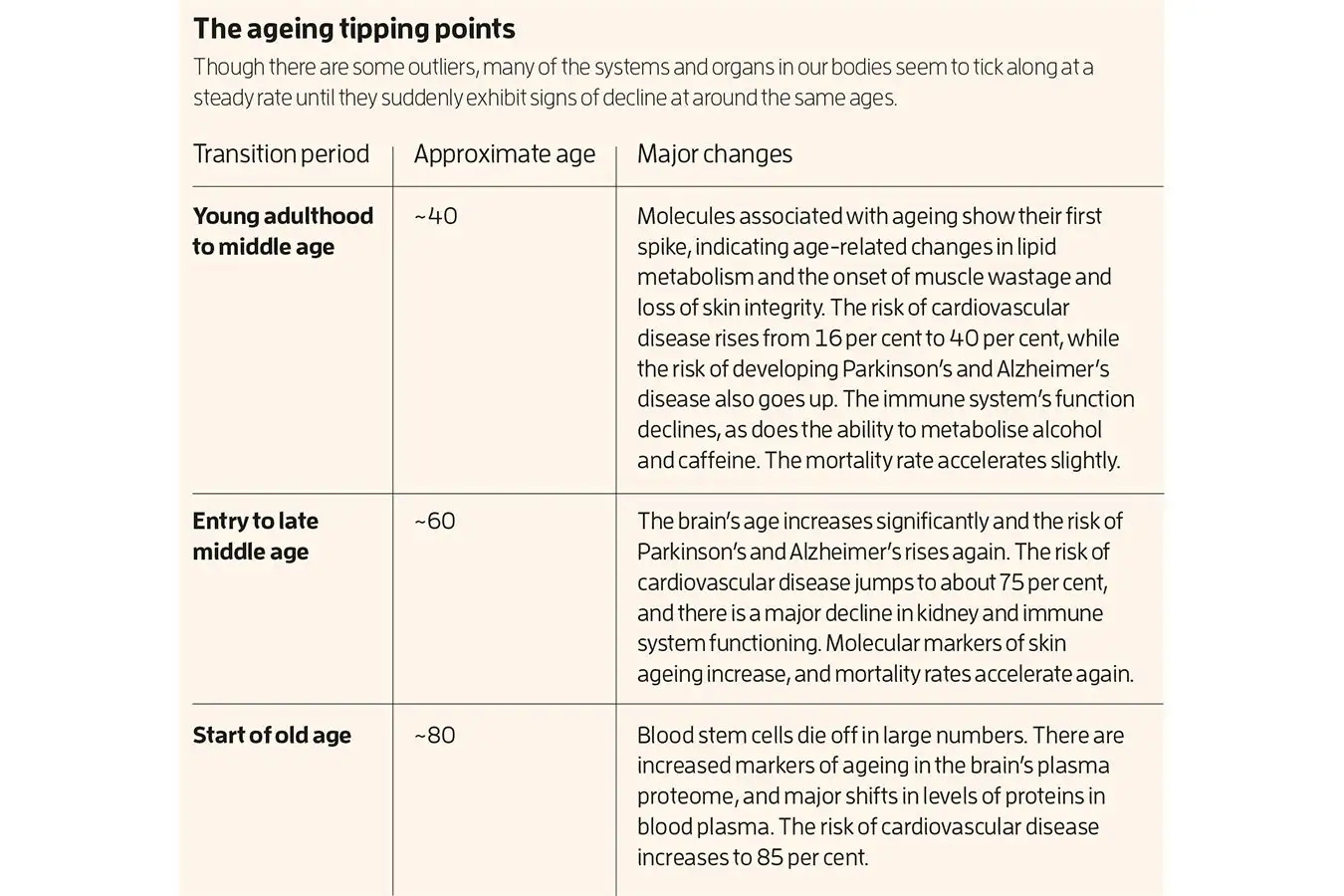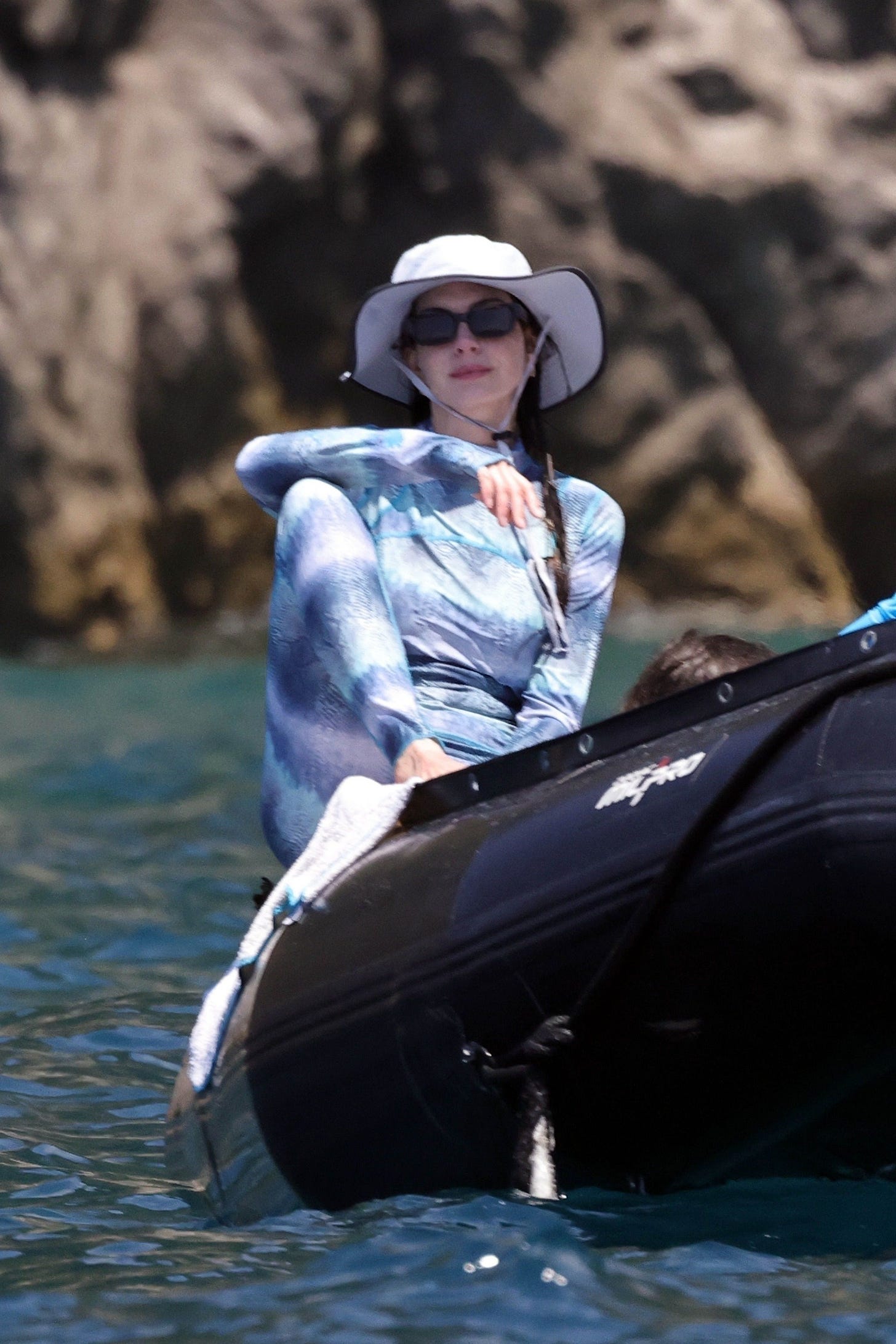The Economist said longevity drugs don't work.
+ your weed gummies are bad for your heart, really bad actually
Hey everyone. I’m off to France for a week with my teenage cousins. Can’t wait to hear all the Gen-Z lore and I’ll obviously report back.
Today’s newsletter:
Why is all longevity reporting always about the same damn thing?
Definite answer to: do longevity drugs work?
Celebs over 35 are wearing full UPF suits on holiday. (take the poll)
WSJ gives style advice to each generation of men. Men reading this, let me know if it was good? (below paywall)
Someone invented glasses with built-in hearing aids and I am convinced smart glasses are preparing us for smartphone glasses. (below paywall)
News
The Financial Times starts a series called ‘The Longevity Project’. Articles so far include a longevity quiz - it’s very bad, you’ve been warned - and ‘My Year-long Quest to Live Forever’ in which Alex Bilmes joins Clinique La Prairie in Switzerland for an £18,000-plus longevity assessment and programme. It’s also very bad. It’s just the same stuff mulled over again and again: complaints about the forever trade-off between health and pleasure. We already know. If you think the people spending £18K on a longevity programme aren’t also sniffing coke on their yachts, you’re naive. Don’t believe the hype.
Which age group do you belong to? -34, 34 to 61, 61 to 78 or 78+? Whilst the idea of ageing bursts is not hot news, the world seems to be waking up to the fact that longevity is less about swallowing experimental supplements and more about understanding your individual body and the changes it’s going through at a specific point in your life. Physical appearance, for example, changes most suddenly at 30, 50 and 65. Apparently there are separate tipping points for different functions in our body: digestion, blood proteins, brain,... They included a chart to find out what you should focus on depending on your cohort. Hypothesis is that new longevity techniques will be focused on delaying each tipping point instead of ‘stretching end of life’. I think this is a really interesting take on longevity and potentially a really cool angle for health start-ups.
The Economist asks if longevity drugs work. Short answer: not yet in humans. It’s paywalled but I got you. The two main drugs discussed are Metformin and Rapamycin. Metformin is stuck in a clinical trial since 2015 due to lack of funding, but it didn’t show any evidence of positive longevity outcomes in animal testing. Rapamycin, which produces the same cellular effects as calorie-restriction (fasting), showed good evidence in 167 animal studies, but no strong evidence in a clinical trial. Bryan Johnson used to take Rapamycin but quit in 2024 because of severe side effects. So, in conclusion, neither seem to be a net benefit.
Hold your gummies: marijuana found to double risk of cardiovascular death. Includes edibles.
Women live on average 5 years longer than men, but they spend about 25% more years in worse health. There seems to be a problematic gap between research-backed longevity advice for men and research-backed longevity advice for women. But as more female-led, longevity-focused start-ups raise venture capital, we’re seeing a boom in attention and innovation. This particular article states that women should focus their longevity efforts on “brain, bones and booty”. That is hormonal health, bone density and muscle strength. With bone density an often forgotten factor in the appearance-focused ageing advice for women, Women’s Health interestingly reports on DEXA bone tests for women in their 30s, as they’re seeing an uptick in test requests, which is great. But the Wall Street Journal then introduces women’s answer to the ‘longevity bro scene’: longevity ladies. Barf. I believe if the women’s longevity sector wants to make any progress, they need to stop steering it towards empowerment and menopause advertisements. I get it. Ovaries and hormonal health are key to women’s biological ageing process. But it’s not something all 30 to 40-year-old women are thinking of on a daily basis, and it’s dangerous to not think of longevity until we’re 55. With the first ageing tipping point being at 34, it would help women to understand how longevity advice differs for them outside of anti-ageing cream and menopause ads. I’d prefer seeing start-up’s “empowering menopause” ad spend go to more serious research and grown-up communication instead. You know it’s bad when anti-ageing creams have more science-backed answers than health brands. Women’s health is not supposed to be cute and funsies. Stop it.
UV exposure is the next alcohol-free. Twitter co-founder Jack Dorsey launched an app called Sun Day that tracks UV exposure and vitamin D intake. Anne Hathaway is being lauded in Vogue for wearing this full-body UPF suit. Would you wear one? Poll below.





